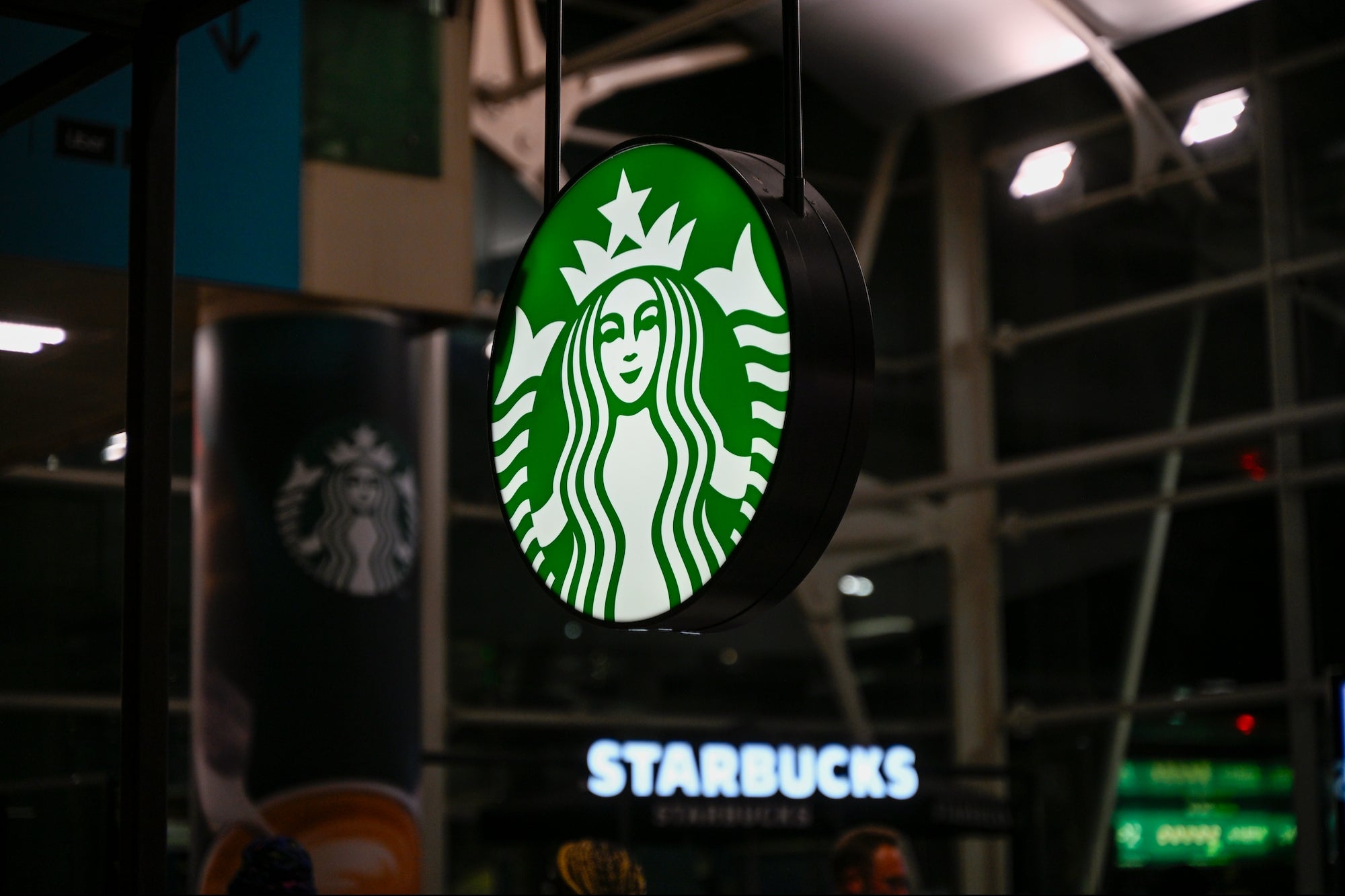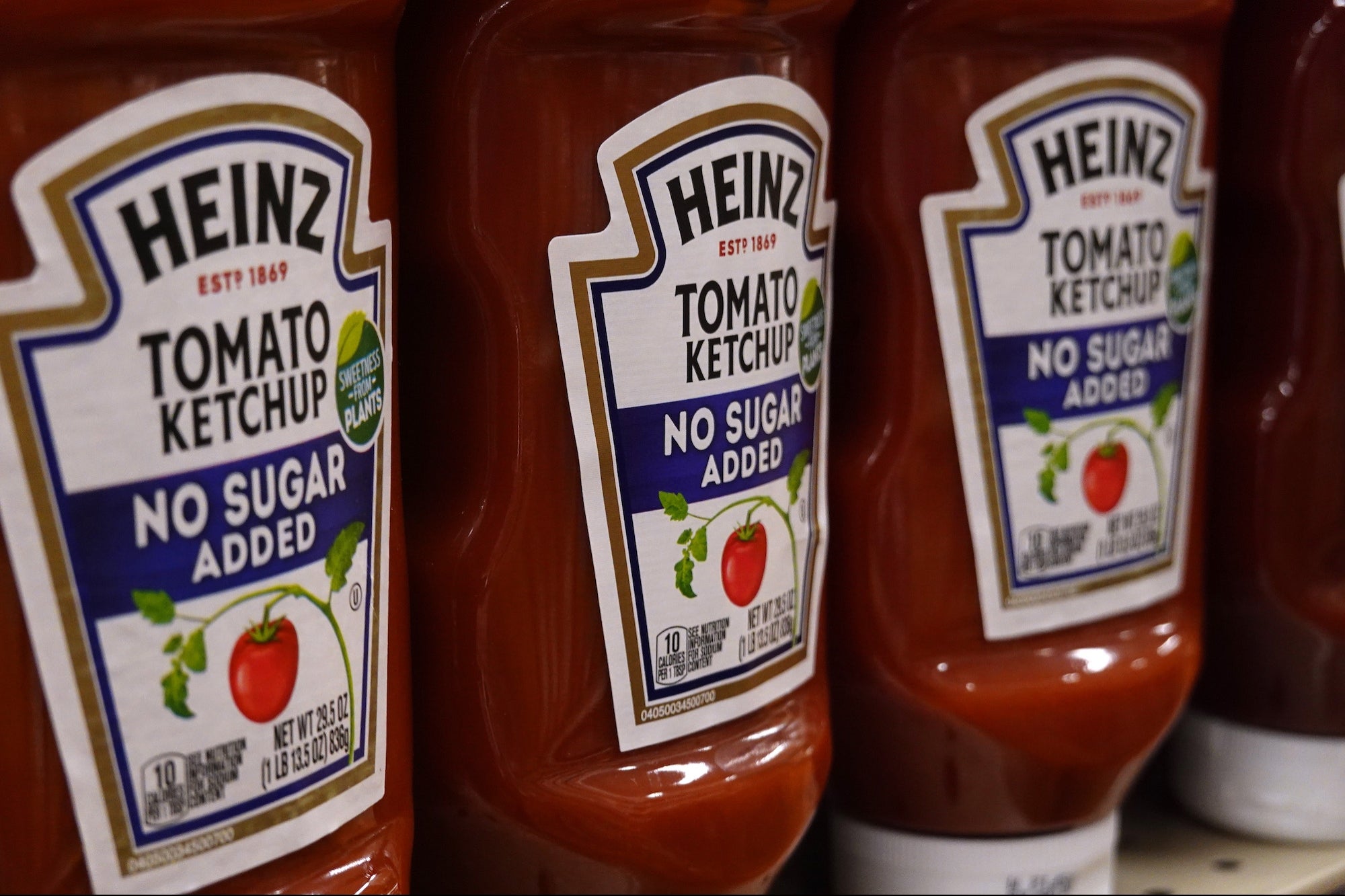Lessons from a Food-Tech Startup: Big Data Isn't Just a Buzzword -- It Can Be Your Secret Weapon Pop-up meal company Dinner Lab owes its blockbuster success to its savvy analysis of information from its consumers.
Opinions expressed by Entrepreneur contributors are their own.
As an entrepreneur, you might feel a need to jump on the "big data" bandwagon. But if you spend time gathering and analyzing mountains of information, make sure you are using it to make your business better. Don't let it become an unwieldy, extraneous mess. Rather, let it serve as the canary in your coal mine, helping you to make wiser decisions about your business.
Brian Bordainick, the CEO and founder of New Orleans-based dining startup Dinner Lab, built his business around the idea that data could be used to improve the restaurant industry -- an industry where customers, chefs and business owners often don't engage in constructive dialogue. From his perspective, data can become a distraction for a company when it is layered on top of a business' primary function. Rather, he says it should be considered a key decision-making tool.
Bordainick's membership-only pop-up dinners started in New Orleans two short years ago and since its launch, the network of events had spread to 19 cities across the U.S. Diners pay anywhere from $100 to $200 a year to have access to the events and then from between $50 to $95 per dinner event depending on the city. Up and coming chefs serve meals to members in underutilized spaces, like helipads and abandoned churches.
During and after dinner, diners are asked to give extensive feedback on their meal, drinks and the experience. With that data, Dinner Lab is able to make empowered, informed decisions about how to improve the dining experience. "We wanted to use our data to help our chefs get better to make our event experiences better," said Bordainick.
With insight into consumer preferences, Dinner Lab is able to beat the industry odds of failure. "Even investors in our space say one in three restaurants are going to fail: That's just how it works."
Bordainick says having data makes running a business less risky, just as the advent of radar made flying less risky. "Back in the day, when pilots took off there wasn't any radar so they just assumed if five planes took off, two of them weren't coming back because that's just the way the airline industry was. If you are going to be a pilot, you went in knowing you are potentially going to die doing your job and then radar came along. That doesn't really make any sense," said Bordainick.
Watch this video to learn more about how to use data analysis to be your business's radar. That way, when you do fail, it's only ever one more data point.
Related:
Stress, Anxiety, Loneliness: How This Entrepreneur Lost Himself and Bounced Back Stronger
This New Orleans Startup Is Turning the Tables on the Restaurant Industry
This Startup's Secret Sauce: Employees First, Customers Second








